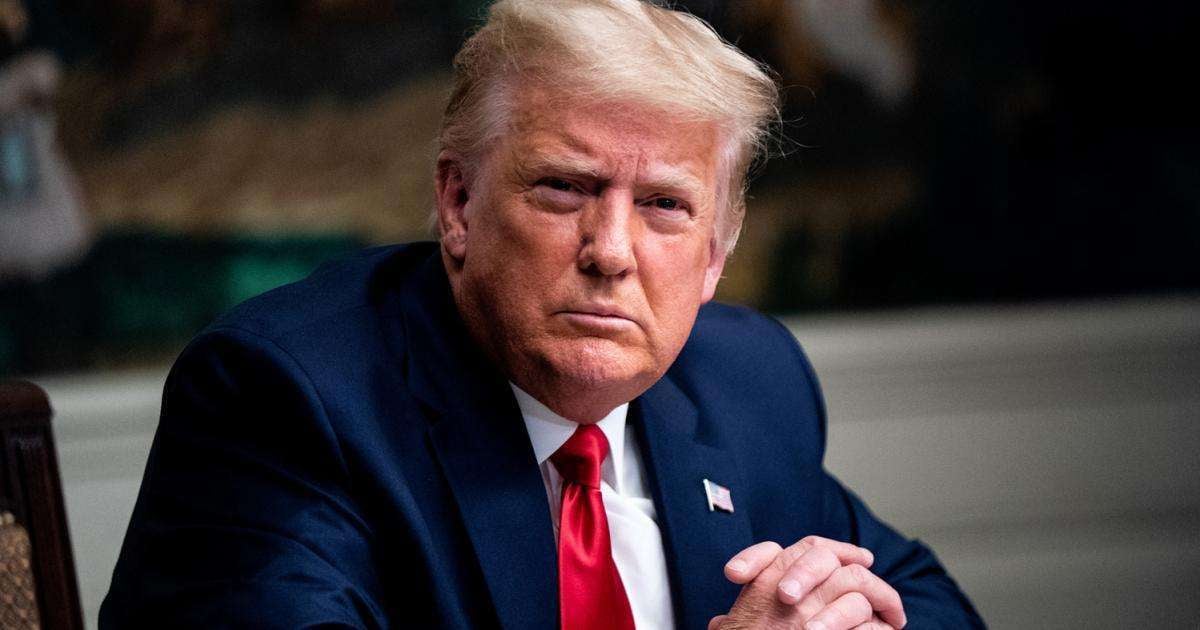
Donald Trump's recent victory in the United States presidential elections has raised concerns among thousands of Cuban migrants who arrived in the country under the humanitarian parole program.
During his campaign, Trump was firm in expressing his opposition to this program. He promised to eliminate it if elected, a decision that, with his electoral victory on November 6, now seems closer to becoming a reality.
What is humanitarian parole?
The humanitarian parole is a program initiated by the Biden administration to facilitate the temporary entry of migrants from Cuba, Venezuela, Nicaragua, and Haiti, in an effort to provide a safe and regulated channel for those seeking to escape difficult situations in their home countries.
Since its launch, over 111,000 Cubans have received authorization to travel to the United States.
This mechanism has been widely used by migrants to escape the economic and political crisis on the island in search of a better future in the United States. In October, the Biden Administration announced that it would not extend the legal status of individuals benefiting from this program.
Trump's stance on humanitarian parole
During his presidential campaign, Trump harshly criticized humanitarian parole and made it clear that, if he reached the White House, he would seek to eliminate it permanently.
He argued that this measure "undermines the security and sovereignty of the United States," and stated that he intends to reestablish stricter control over the country's southern border.
His campaign speech focused on reversing the immigration policies implemented by Biden, and parole has been one of his main promises for change.
The potential elimination of parole under the Trump administration would have a direct impact on Cubans currently waiting for their turn to enter the United States, as well as on those who have already entered under this program, which only permits legal residence in the country for two years.
Impact on Cuban migrants and U.S. immigration policy.
According to specialists and lawyers in immigration matters, if Trump decides to eliminate humanitarian parole, Cubans who are already in the United States under this program could face restrictions on their stay in the country, unless they have already completed their residency process through the Cuban Adjustment Act.
Those who are still waiting for authorization to travel to the United States may see their applications blocked, which could lead to an increase in irregular immigration due to a lack of legal alternatives.
Is it possible for Trump to change his stance?
Trump has been steadfast in his stance against parole. He is inflexible on this issue and has even raised the possibility of deporting beneficiaries of the program. He is supported by Republicans who advocate for a more restrictive immigration policy in the United States.
On the other hand, human rights organizations and pro-immigrant activists are mobilizing to defend humanitarian parole, arguing that this program offers a safe pathway for thousands of people fleeing extreme situations in their home countries.
These organizations could exert pressure on the new administration, although their impact is expected to be limited.
Alternatives for Cuban migrants
In light of the possible elimination of humanitarian parole, some experts suggest that migrants already in the United States might explore other avenues to regularize their status, such as applying for political asylum or seeking temporary protected status, if they meet the requirements.
However, these options are not viable for everyone and, in many cases, face legal and bureaucratic obstacles that restrict access to these benefits.
Cuban migrants in the United States and those awaiting the opportunity to enter under humanitarian parole should stay alert to changes and adapt to the regulations that will be implemented in the coming months.
What do you think?
COMMENTFiled under: